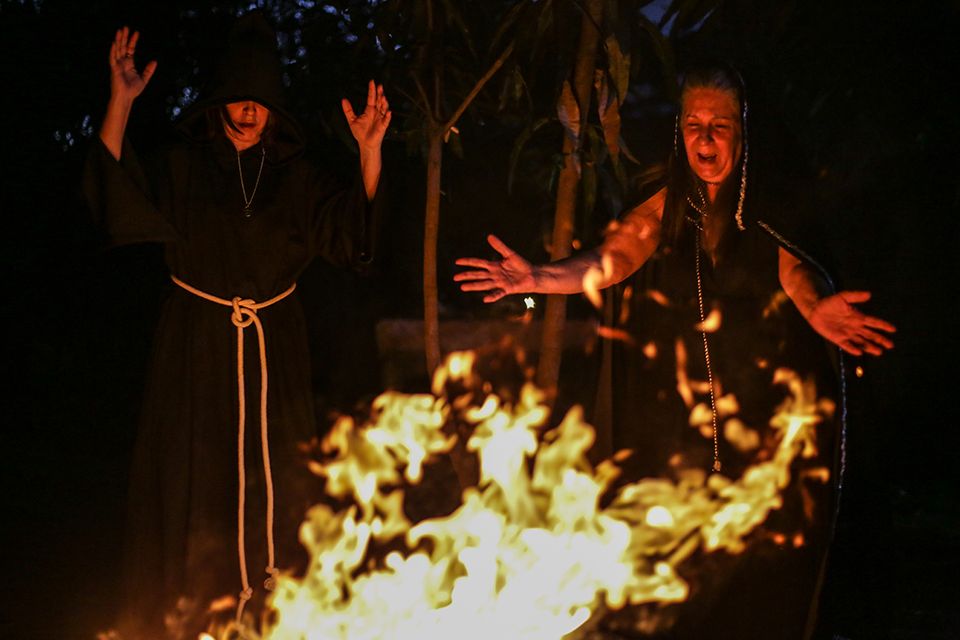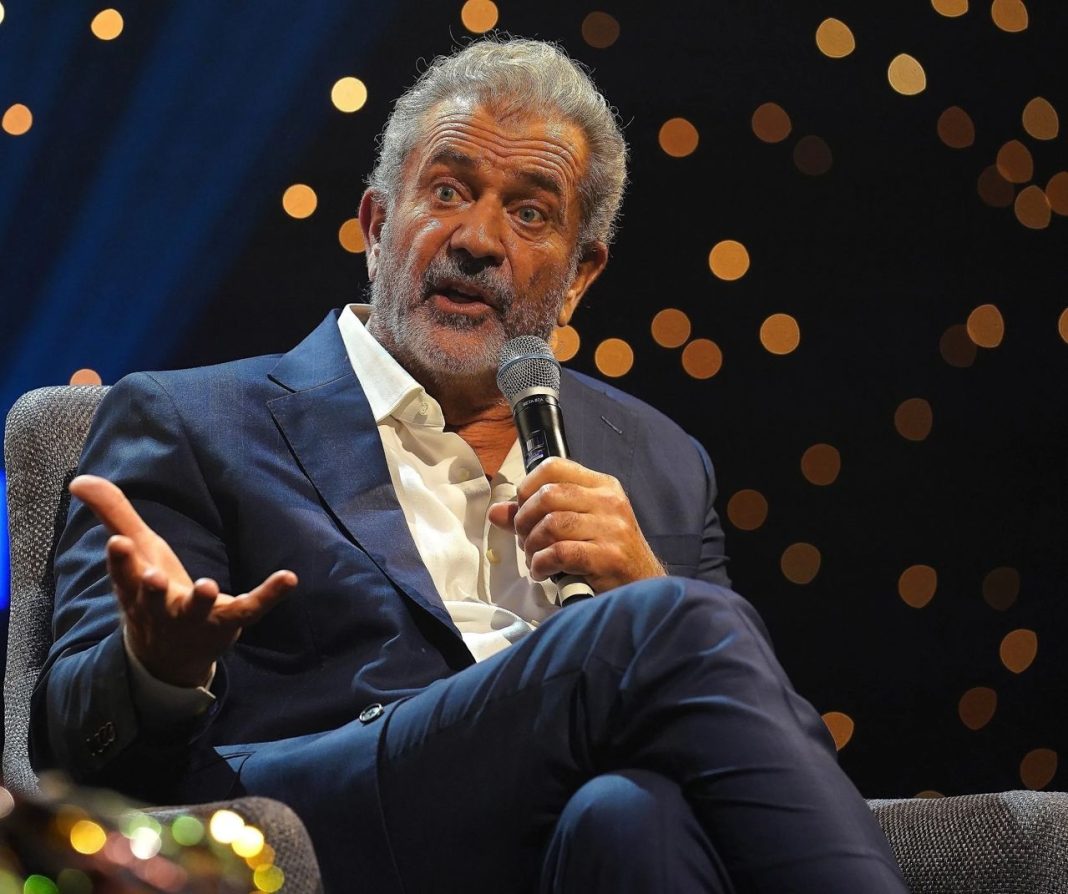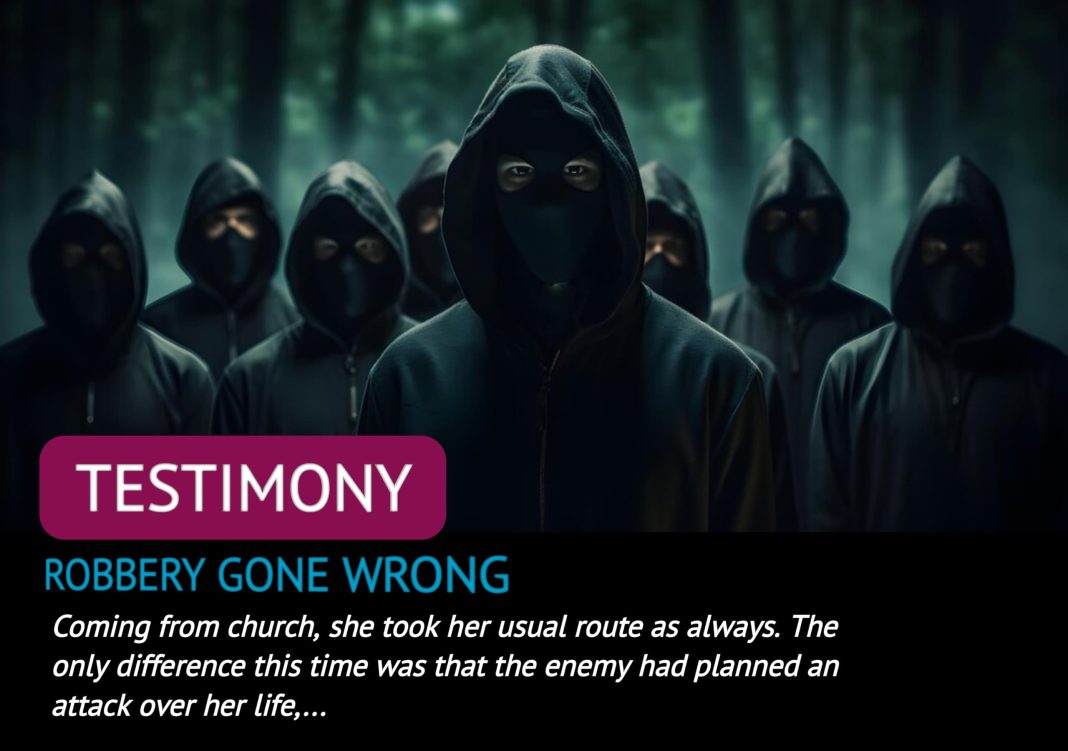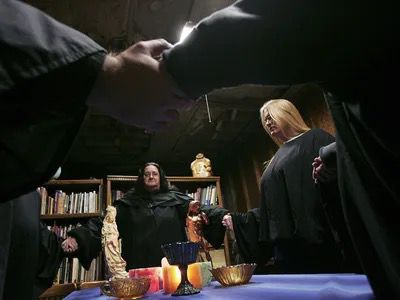
There has been a significant increase in the practice of witchcraft from previous years in the U.K. From its rich history of Christianity, there has been gradual noticeable decline amongst the youth. According to the 2021/22 UK Census, 126 980 people identified with modern pagan traditions. In England and Wales , the number of people identifying as Pagan rose from 57, 000 in 2011 to 74, 000 in 2021.
Cultural and social influences
Social Media – Social media platforms such as instagram, facebook, youtube , X, Tiktok have played a pivotal role, Tiktok being the major contributor with its “WitchTok” community. The community allows users to engage in witchcraft practices such as tarot readings, spell tutorials.
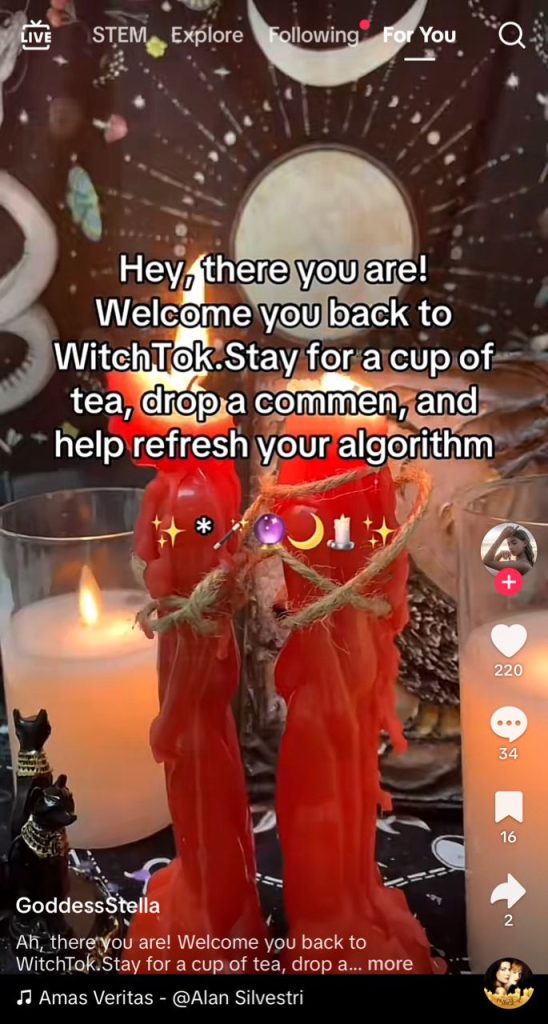
Media Representation – The film industry with popular movies such as The Craft have inspired many young individuals to engage in witchcraft practices making it seem ‘admirable’
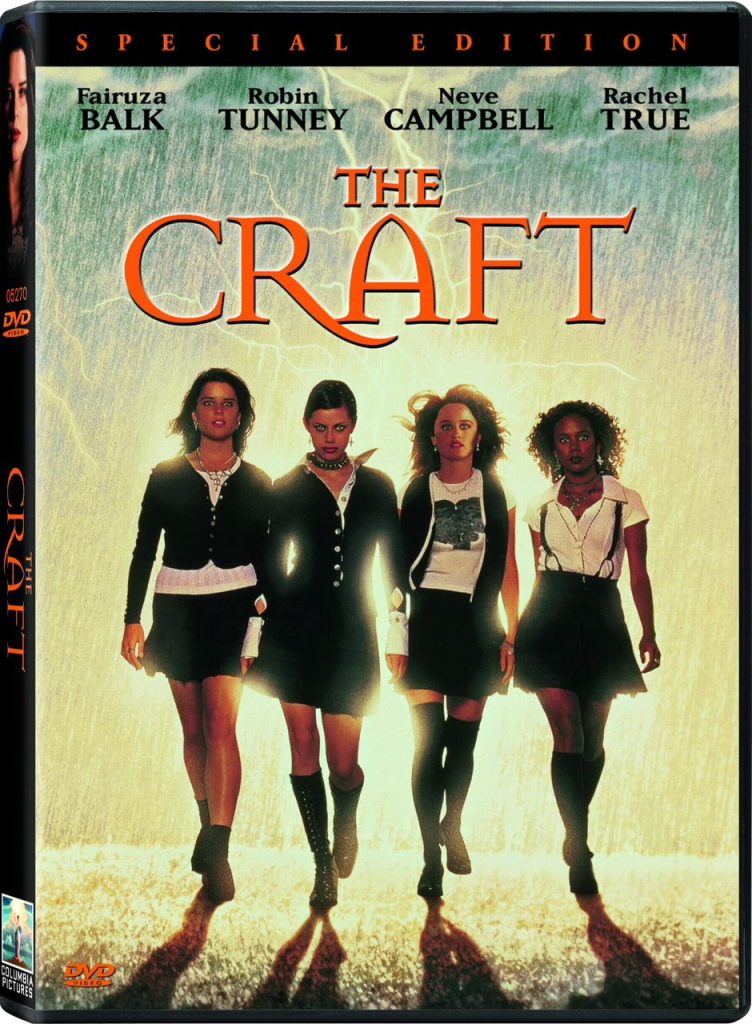
Wellness Movement – Some have used witchcraft as a way of reconnecting with themselves in the form of selfcare. During the COVID 19 pandemic many turned to witchcraft as a way to find peace.
The LGBTQ representatives have given individuals the confidence to reshape societal values, norms and values including the female empowerment movement. The term witch is being reclaimed as a symbol of female empowerment.
Many preachers have publicly spoken up against witchcraft practices including Reverend James Carter, a popular London based preacher.
“The Bible is clear that in the last days, people will turn away from truth and seek after strange doctrines and spiritual experiences. Witchcraft is not just a hobby, it’s part of a broader spiritual deception that aligns with end-times prophecy.” – Rev James Carter
The rise of witchcraft is undeniably part of the spiritual pulse of our era. In a world where old certainties are crumbling, people are searching, sometimes in churches, sometimes in circles under the moon.

